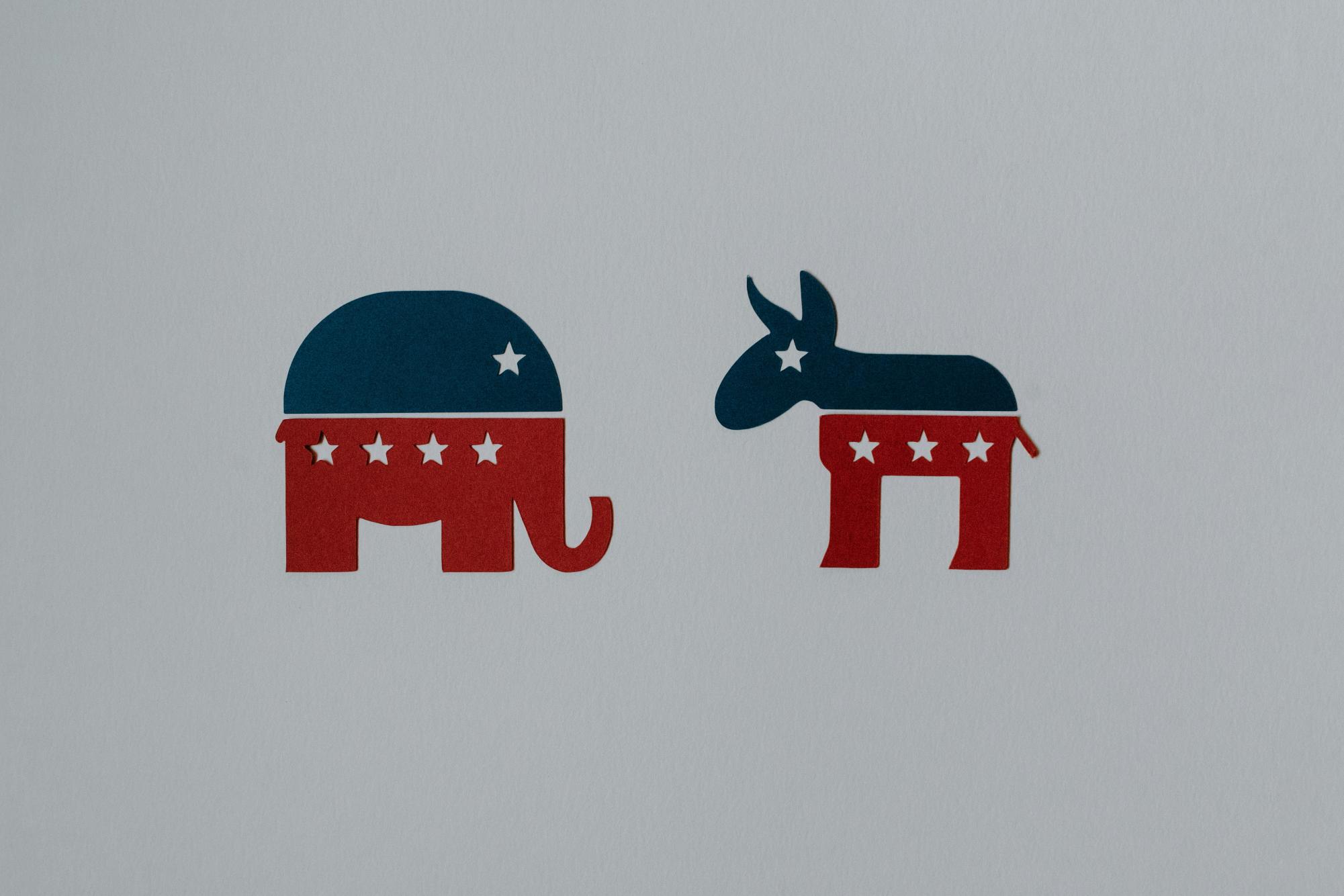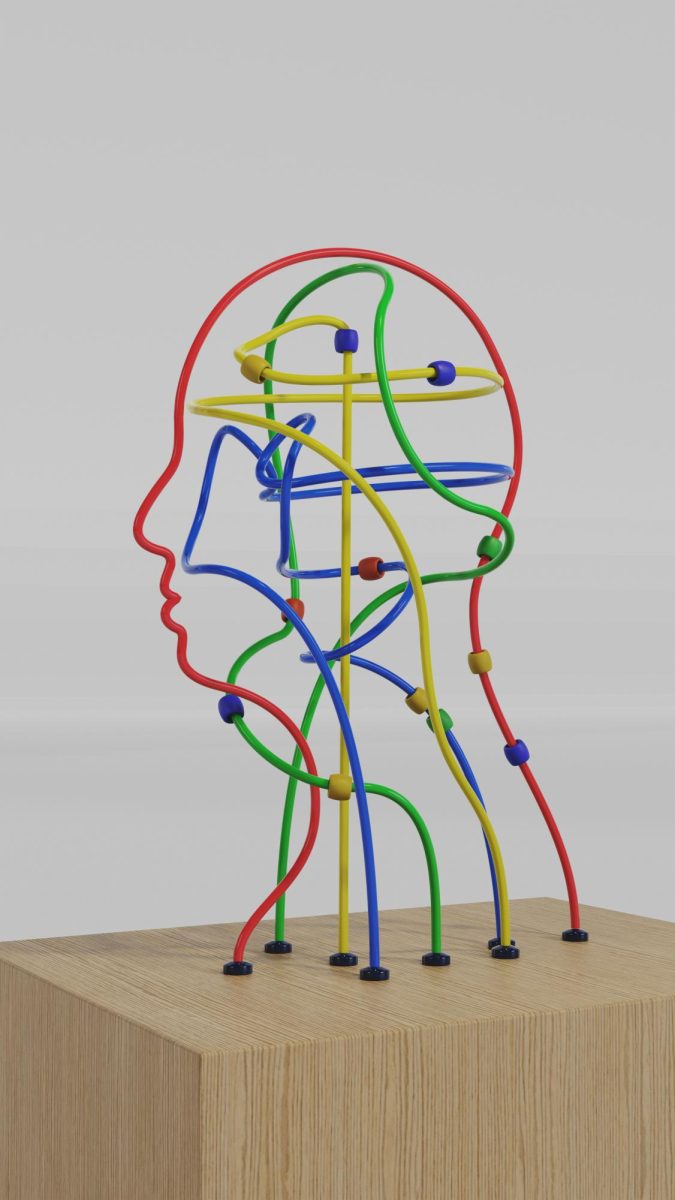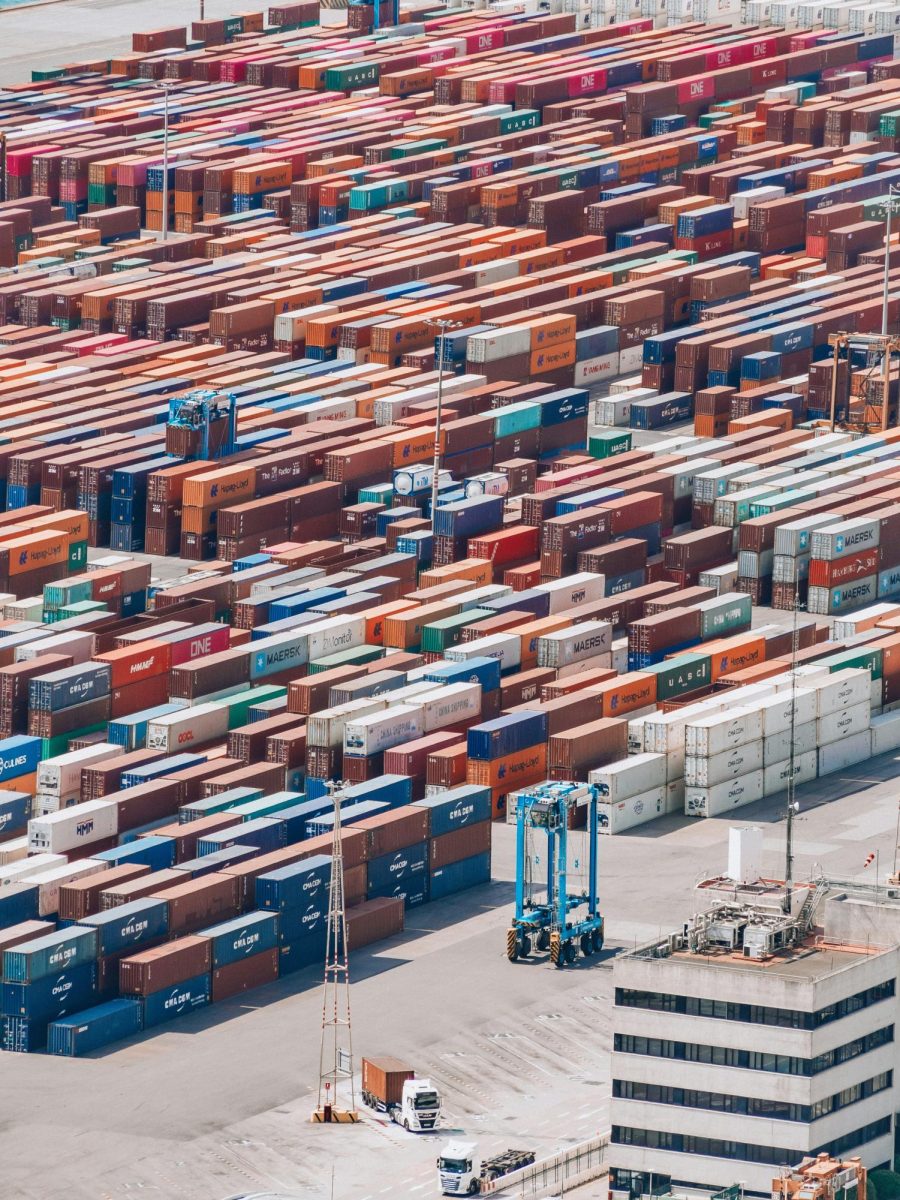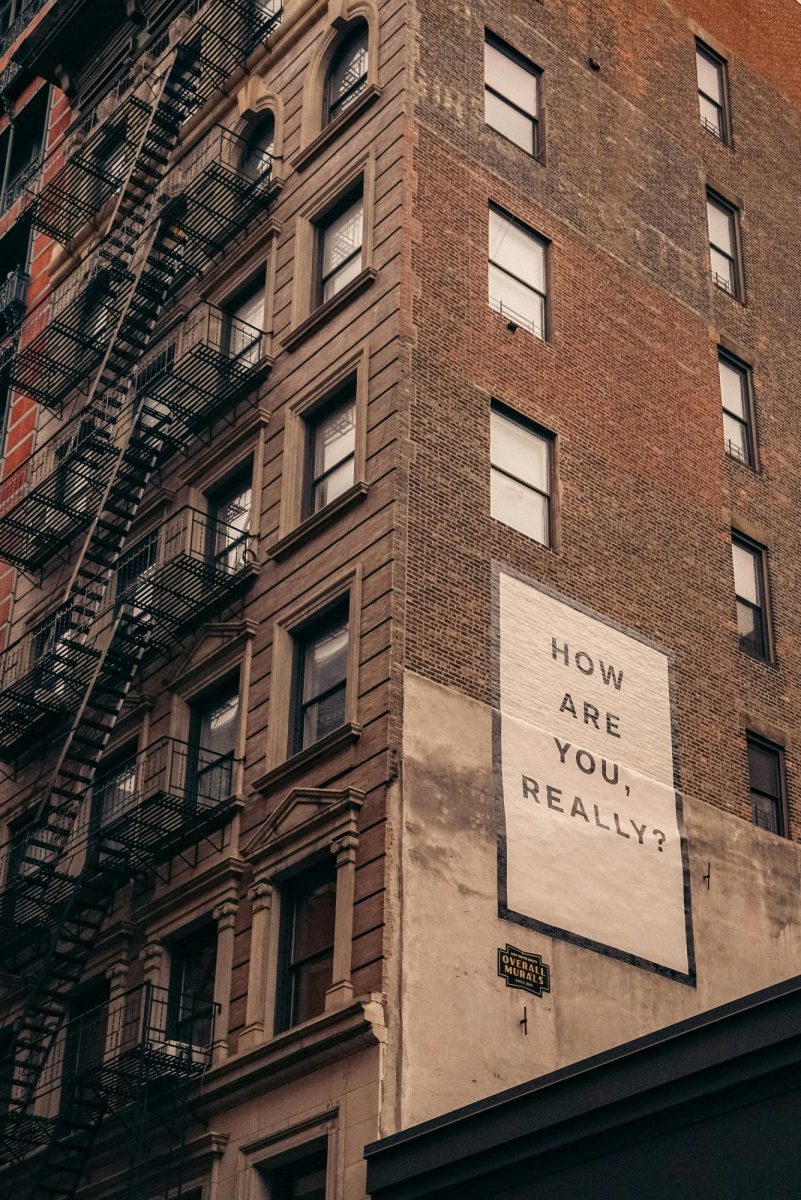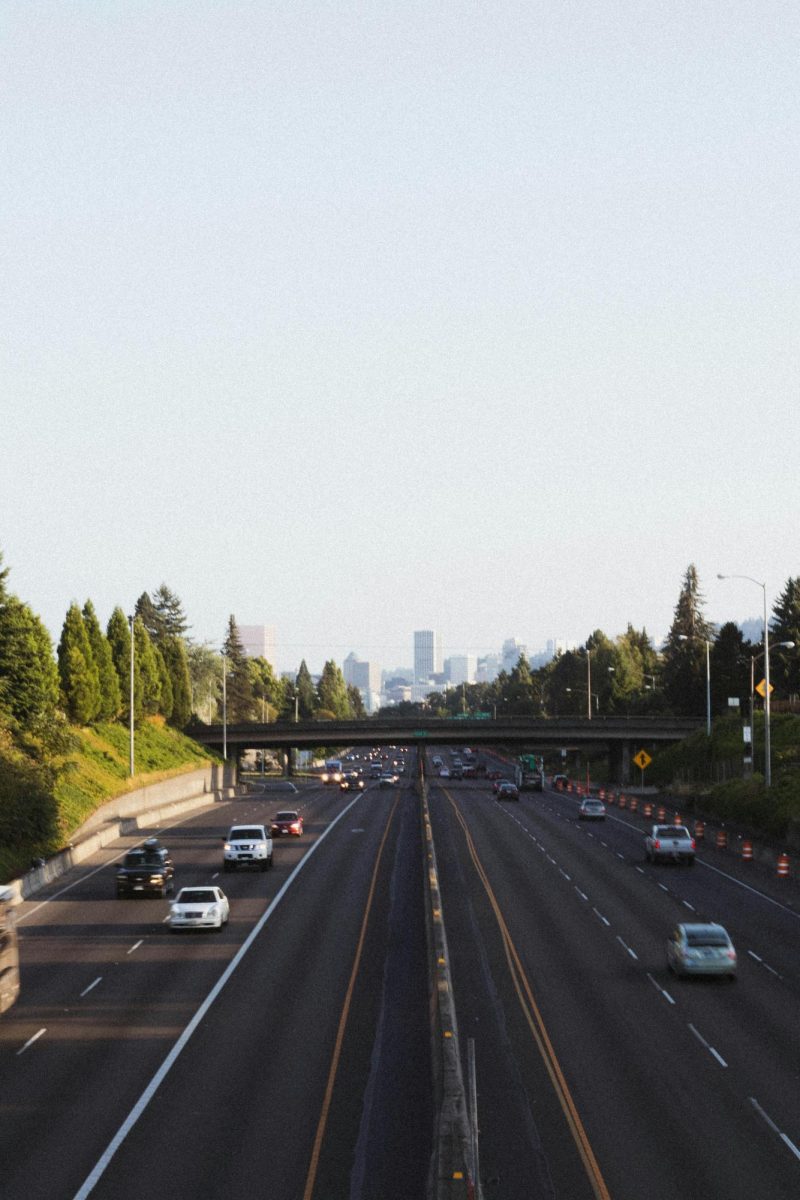Politics is a frequently debated and sensitive topic for many Americans. The nation is becoming more politically divided along the lines of religion, race, sexual preferences, and even individual opinions. But why does this division matter? What drives it? And more importantly, how can it be reduced?
Why does it matter?
To fully grasp the impact of polarization, it is important to understand what it actually means. According to Ipsita Chatterjee, an Associate Professor of Geography at the University of North Texas, who wrote for Council on Business & Society Insights, polarization is ‘the state of being divided into two extreme poles… when opinions about political parties, ideologies, and specific issues become concentrated around those poles.’
This isn’t just an academic issue. Jennifer McCoy, a political science professor at Georgia State University, and writer for the International Catalan Institute for Peace, warns “Severe polarization makes democracy vulnerable.”
Drawing from a study including 11 countries, McCoy notes that “When political leaders cast their opponents as immoral or corrupt, they create ‘us’ and ‘them’ camps”
This kind of division erodes the foundations of democracy by framing opponents not as people to debate, but as enemies to defeat.
“In deeply polarized democracies, the other side comes to be seen as an enemy needing to be vanquished.” McCoy said.
This shows how polarization doesn’t just divide opinions, it actively undermines democratic norms by turning disagreements into demonization. In this environment, compromise becomes impossible and elections feel like battles rather than civil participation.
Writers Jeremy Adam Smith and Zaid Jilani, in The Greater Good Magazine argue that polarization separates society into hostile groups, fueling distrust, bias, and even hatred between communities. They highlight the underlying driver, tribalism: humanity’s instinct to group together and treat outsiders with suspicion.
“Tribalism… Turns negotiation and compromise into betrayal.” they explain.
This instinct fuels the tendency to prioritize loyalty rather than facts, especially in political conversations. It helps explain why even reasonable disagreements now feel personal or hostile, especially when reinforced by social and online communities.
In a world increasingly divided by ideology, understanding the roots and consequences of political polarization is essential, because only by recognizing the problem can progress be made to take care of it.
What Drives Political Polarization?
There are many factors that contribute to political polarization. But few are as impactful as media and social media. They amplify polarization by creating what’s called an echo chamber, and spreading sensationalized and/or biased information. Algorithms often expose users to more extreme content, reinforcing existing beliefs and increasing division.
As explained in an article by Kalen Churcher, a mass communications doctor from Penn State University, and writer for the Elton B. Stephens Company(EBSCO), social media platforms have been heavily criticized for spreading misinformation. Their algorithms often prioritize sensationalist or biased content, which not only distorts facts but also deepens political rifts.
“Social media in particular has received heavy criticism for perpetuating fake news that is based on political opinion and half-truths instead of facts.” Churcher said.
Economic and social inequality also play a major role. Rising income inequality and economic divides correlate with higher levels of political separation, as disparities in wealth and opportunity fuel resentment and distrust.
According to Alex Russel, writer for Letters & Science, “The analysis showed that countries with a winner-take-all voting system do tend to display higher levels of anger and hostility between parties.”
He continued by identifying another major contributing factor to political division, statung, “And so do countries with bigger gaps between rich and poor.” He added, proving the correlation between significant income disparities and heightened political hostility.
He also stated “The U.S. has some of the highest inequality in the world, ranking fourth among high-income countries for its Gini index score, which is a measure of income inequality,” highlighting the extent of economic inequality in the United States, suggesting that these disparities may intensify political division.
The causes of polarization are rooted not only in the general population of the United States, but also the political “elites”. Critics argue that political leaders often deliberately inflame divisions for electoral advantages, demonizing opponents, and pushing for radical changes that will ultimately deepen societal rifts.
In their October 1, 2019 article for the Carnegie Endowment for International Peace, Thomas Carothers serves as the senior vice president for studies at Carnegie, a prominent international affairs “think tank” headquartered in Washington, D.C. While O’Donohue is a research analyst specializing in democracy and governance.
Their research highlights how political leaders are often openly responsible for societal divisions for electoral gain. They have observed that high profile figures such as Narendra Modi in India, Jarosław Kaczyński in Poland, and Recep Tayyip Erdoğan in Turkey have “Relentlessly inflamed basic divisions and entrenched them throughout society (often by resounding electoral success).”
Expanding on the consequences of these divisive strategies, the authors further explain methods these leaders use to deepen societal fractures:
“These leaders have aggravated tensions not only by demonizing opponents and curtailing democratic processes but also by pushing for radical changes,” they added.
To gain more insight, a group conducted an interview with Chris Owens, an Associate Professor of Political Sciences at Portland State University. When asked what he believed contributed most to political polarization, he pointed to a deep-rooted social instinct:
“We bond to a family, then to a broader family, and to a community, and in the past when we weren’t so well connected, there was a physical proximity. So we stay with the people who are part of our group, our tribe.”
Building on this idea of social connection and identity, Owens explained how modern technology has changed the way people form these group bonds:
He added, “In today’s world, we are increasingly finding our tribes online.”
This shift from in-person communities to online spaces has amplified the effects of tribalism. As we grow more connected to the beliefs of our own “tribe”, by nature, humans often distance themselves so much from the other side that their views begin to feel not just unfamiliar, but threatening or even offensive.
How do we Combat Political Polarization?
There may be no simple way to eliminate political polarization altogether, but there are meaningful steps that can be taken to reduce its impact on this society.
According to Chris Owens, one problem is the lack of accountability within political parties. He explained that politicians and people inside their own party never challenged their own side anymore:
“They don’t take on their own party anymore.” Owens observed. This unwillingness to hold their own party accountable creates a space where partisanship thrives unchecked.
He added, “The one who throws a punch is the one who lost the argument.” In other words, aggression often replaces honest engagement when people feel cornered or unheard.
To combat polarization, Owens emphasizes the need for real dialogue, not merely defending one’s own position, but wrestling with the ideas.
“We need more opportunities where we are either forced to interact or forced to confront ideas, conclusions, and perspectives that are different from our own,” he said.
Creating these spaces through classroom discussions, diverse media consumption, or bipartisan community events, can begin to rebuild trust and reduce hostility. Even small, face-to-face conversations can go a long way in bridging these divides.
This means creating environments, whether in schools, workplaces, or digital spaces, where people can engage respectfully with diverse viewpoints. It also means practicing intellectual humility: recognizing that no one has all the answers, and that listening can be just as powerful as speaking.
Conclusion
Political polarization isn’t just a “buzzword,” it’s a growing threat to the democratic fabric of the United States. It shapes how individuals view others, how they consume information, and how decisions are made. However, polarization is not inevitable.
By understanding the forces that drive division, from media algorithms to economic inequality and political manipulation, society can begin to push back. It is important to foster spaces for genuine dialogue, challenge personal opinions and biases, and commit to seeing others not as enemies, but as fellow citizens with different perspectives.
If democracy is to be preserved and a more united society built, the fight against polarization begins not in the offices of Washington, but in everyone across the country.

